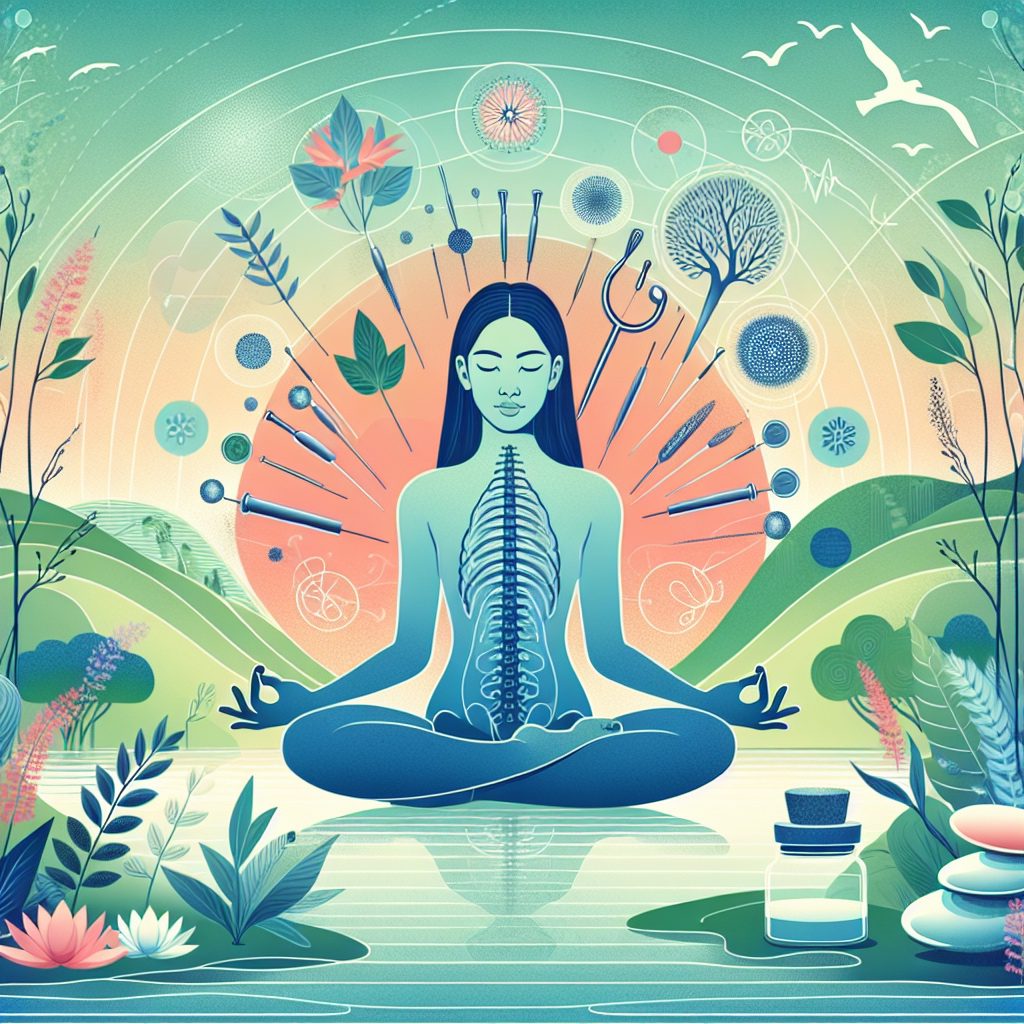Ever catch yourself wondering why you feel like a zombie after a rough night’s sleep? You’re not alone. In our fast-paced world, quality sleep often takes a backseat to endless to-do lists and late-night scrolling. But here’s the thing: your body is constantly trying to tell you something about your sleep health, and it’s time we started listening. As someone who’s passionate about holistic wellness, I’ve learned that achieving mind-body balance isn’t just about what we do during our waking hours – it’s equally about how we honor our body’s need for rest and restoration.
Think of sleep as your body’s natural reset button. During those precious hours of slumber, your brain isn’t just taking a break; it’s actively working to maintain pathways for learning, creating memories, and regulating hormones that keep you feeling balanced and energized. But when we consistently skimp on sleep, we’re not just dealing with temporary tiredness. We’re disrupting a complex symphony of biological processes that impact everything from our emotional well-being to our physical vitality.
Here’s a question worth pondering: when was the last time you truly felt well-rested? Not just “made it through the day with coffee” rested, but genuinely refreshed and energized? Understanding the root causes of our sleep struggles is the first step toward reclaiming our natural sleep rhythm. It’s not about quick fixes or temporary solutions – it’s about tuning into our body’s wisdom and creating sustainable sleep habits that support our overall wellness journey.
Recognizing Sleep Health Red Flags
Let’s dive into the seven telltale signs that your body is desperately waving red flags about your sleep habits – and trust me, some of these might hit surprisingly close to home!
Difficulty Falling Asleep
First up: if you’re spending more quality time with your ceiling than with your dreams, that’s your body’s way of saying “Houston, we have a problem.” When you can’t fall asleep within 30 minutes of hitting the pillow, it’s often because your mind and body aren’t in sync with your natural sleep rhythm. Try creating a calming bedtime ritual – maybe steep a cup of soothing herbal tea and let its warmth guide you into relaxation mode.
Interrupted Sleep Cycles
Next, if you’re playing night-time ping-pong – you know, bouncing awake multiple times during the night – your sleep cycle is probably more disrupted than a cat in a room full of cucumbers. This fragmented sleep can leave you feeling like you’ve run a marathon in your dreams, except without the satisfaction of actually finishing one.
Overreliance on Stimulants
Here’s a biggie: are you best friends with your coffee maker? If you’re reaching for that third (or fourth, no judgment!) cup of coffee just to keep your eyes open during the day, your body is literally screaming for better sleep. That afternoon energy crash isn’t just inconvenient – it’s your body’s SOS signal.
Stress and Sleep Disruption
Speaking of signals, let’s talk about stress. When your sleep tank is running on empty, even small challenges can feel like climbing Mount Everest in flip-flops. Your body’s stress response goes into overdrive, creating a vicious cycle where stress disrupts sleep, and poor sleep increases stress. Breaking this cycle often starts with establishing a consistent sleep schedule and creating a peaceful sleep environment.
Emotional Instability
Have you noticed your emotions playing hopscotch lately? Mood swings aren’t just teenage drama – they’re often directly linked to sleep deprivation. When you’re sleep-deprived, your emotional regulation center (think of it as your brain’s mood DJ) starts playing all the wrong tracks.
Cognitive Impairment
The sixth sign is what I call the “goldfish syndrome” – when your concentration rivals that of a goldfish. If you’re reading the same email three times and still can’t remember what it says, your brain might be begging for more quality sleep. This mental fog isn’t just frustrating; it’s your body’s way of saying it needs more time to process and store information properly.
Persistent Daytime Sleepiness
Finally, if you find yourself hitting the snooze button more times than you can count, or feeling like you need a nap by 2 PM every day, your body is waving a huge “sleep deficit” flag. The good news? These signs are totally reversible with the right approach to sleep hygiene.
Solutions to Improve Sleep Health
Now, let’s talk solutions because knowing the signs is only half the battle. The path to better sleep starts with small, mindful changes. Try setting a consistent bedtime and wake-up time – yes, even on weekends! Create a sleep sanctuary by keeping your bedroom cool, dark, and quiet. Limit screen time before bed (those blue lights are not your friend), and consider natural relaxation techniques like deep breathing or gentle stretching.
Embracing Holistic Sleep Practices
Remember, achieving holistic sleep health isn’t about forcing yourself to sleep – it’s about creating the right conditions for your body to naturally embrace rest. Just as nature follows its own rhythm of day and night, our bodies have their own natural sleep-wake cycles that thrive on consistency and mindful attention.
Conclusion: Prioritizing Mind-Body Wellness
As we wrap up this journey through the landscape of better sleep, remember that prioritizing rest isn’t just about checking off another wellness box – it’s about honoring your body’s innate wisdom and fostering the deep connection between mind and body that leads to true holistic wellness. The path to better sleep is unique for each person, but the foundation remains the same: listening to your body’s signals and responding with compassion and intention.
Consider incorporating calming herbal teas into your evening routine. Ancient wisdom and modern research both confirm that certain herbs can help signal to your body that it’s time to wind down. Chamomile, known for its gentle sedative properties, has been helping people drift into peaceful sleep for centuries. Lavender tea can help quiet a busy mind, while our Sour Jujube Seed, Poria & Lily Tea blend draws on traditional Eastern wisdom to promote tranquility and rest.
Your journey to better sleep is also a perfect opportunity to connect with others who share similar wellness goals. Share your experiences, challenges, and victories with friends or join online communities dedicated to holistic sleep practices. You might be surprised to discover how many others are also working to reset their sleep habits and find that precious balance between activity and rest.
Remember, achieving quality sleep isn’t about perfection – it’s about progress. Start small, perhaps by establishing a simple bedtime ritual or trying a cup of calming herbal tea before bed. Notice how your body responds to these gentle changes. As you become more attuned to your body’s needs, you’ll naturally develop a deeper understanding of what works best for your unique sleep pattern.
Let’s make this the moment you commit to prioritizing your sleep health. Your body has been sending you messages – now it’s time to answer them with action. Whether you’re dealing with occasional restlessness or looking to completely reset your sleep habits, remember that every step toward better sleep is a step toward greater overall wellness and mind-body harmony. Sweet dreams, and here’s to waking up feeling truly refreshed, restored, and ready to embrace each new day with energy and clarity.




